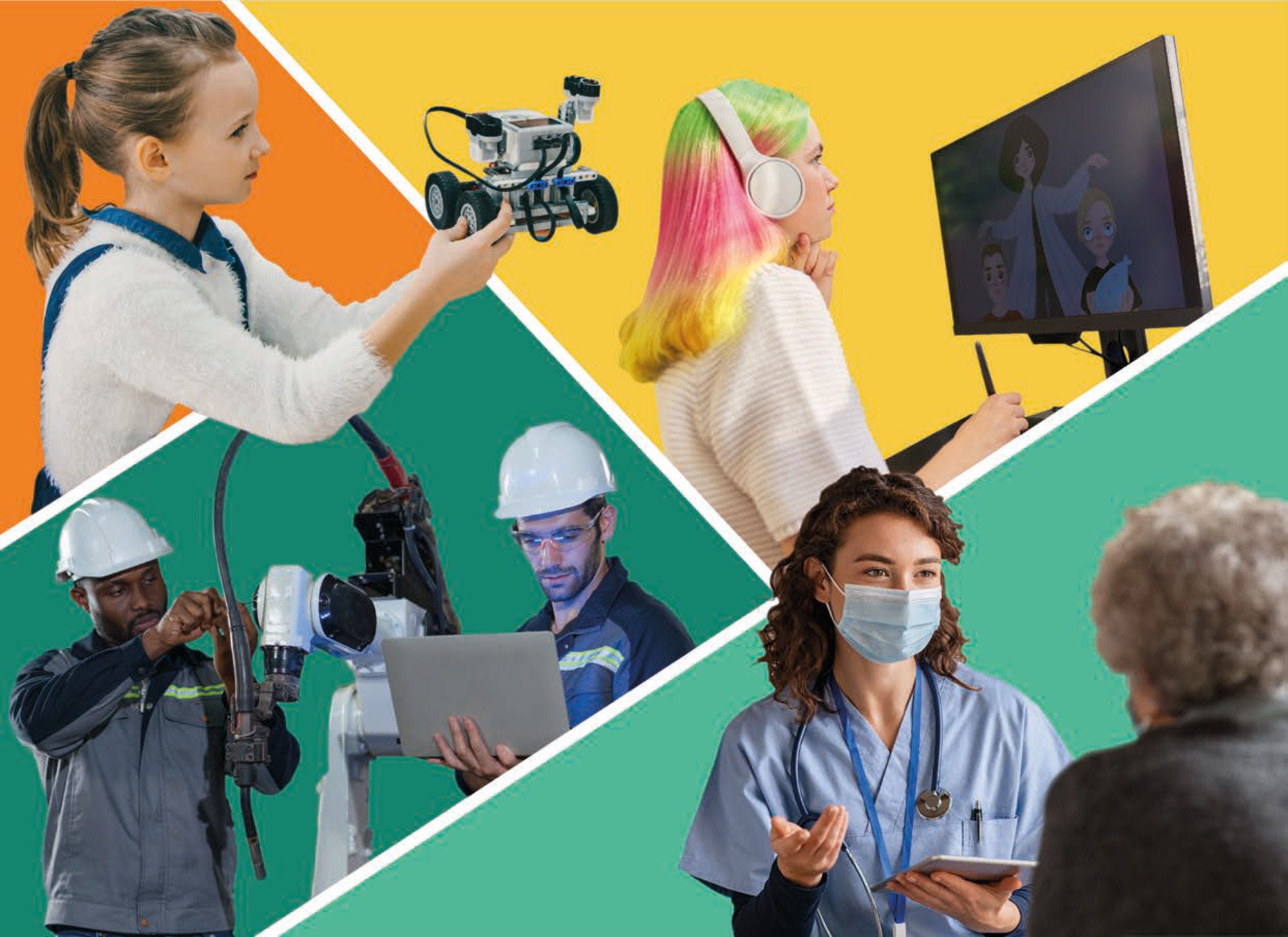This study was carried out by the OECD’s Artificial Intelligence and Future of Skills project team – Stuart Elliott (Project lead), Nóra Révai, Margarita Kalamova, Mila Staneva, Abel Baret and Aurelija Masiulytė. The report was drafted and prepared for publication by Mila Staneva. Aurelija Masiulytė and Abel Baret contributed to the formatting.
This publication would not have been possible without the invaluable contributions of the renowned computer science experts who are supporting the project.
Firstly, we would like to express our gratitude to the experts who participated in the assessment (in alphabetical order): Chandra Bhagavatula, Anthony G. Cohn, Pradeep Dasigi, Ernest Davis, Kenneth D. Forbus, Arthur C. Graesser, Yvette Graham, Daniel Hendrycks, José Hernández-Orallo, Jerry R. Hobbs, Aviv Keren, Rik Koncel-Kedziorski, Vasile Rus, Jim Spohrer and Michael Witbrock.
Secondly, we would like to thank Lucy Cheke, Charles Fadel, Michael Handel, Patrick Kyllonen, Frank Levy and Michael Schoenstein for their participation in the discussions and their fruitful feedback.
Additionally, we wish to thank our colleagues in the Centre for Educational Research and Innovation (CERI). Tia Loukkola, Head of CERI, provided oversight, direction and valuable advice during the process. Francois Keslair and Marco Paccagnella from the Directorate for Education and Skills (EDU) made important contributions to the analysis. Colleagues within the EDU communications team and the Public Affairs and Communications Directorate contributed to both formatting and the preparation of the publication.
Our thanks are extended to Mark Foss, who made substantive and structural editing to the publication, ensuring for coherent, comprehensible reading.
We are grateful for the encouragement and support of the CERI Governing Board in the development of the project.
This publication contributes to the OECD’s Artificial Intelligence in Work, Innovation, Productivity and Skills (AI-WIPS) programme, which provides policy makers with new evidence and analysis to keep abreast of the fast-evolving changes in AI capabilities and diffusion, and their implications for the world of work. The programme aims to help ensure that adoption of AI in the world of work is effective, beneficial to all, people- centred and accepted by the population at large. AI-WIPS is supported by the German Federal Ministry of Labour and Social Affairs (BMAS) and will complement the work of the German AI Observatory in the Ministry’s Policy Lab Digital, Work & Society. For more information, visit https://oecd.ai/work-innovation-productivity-skills and https://denkfabrik-bmas.de/.
